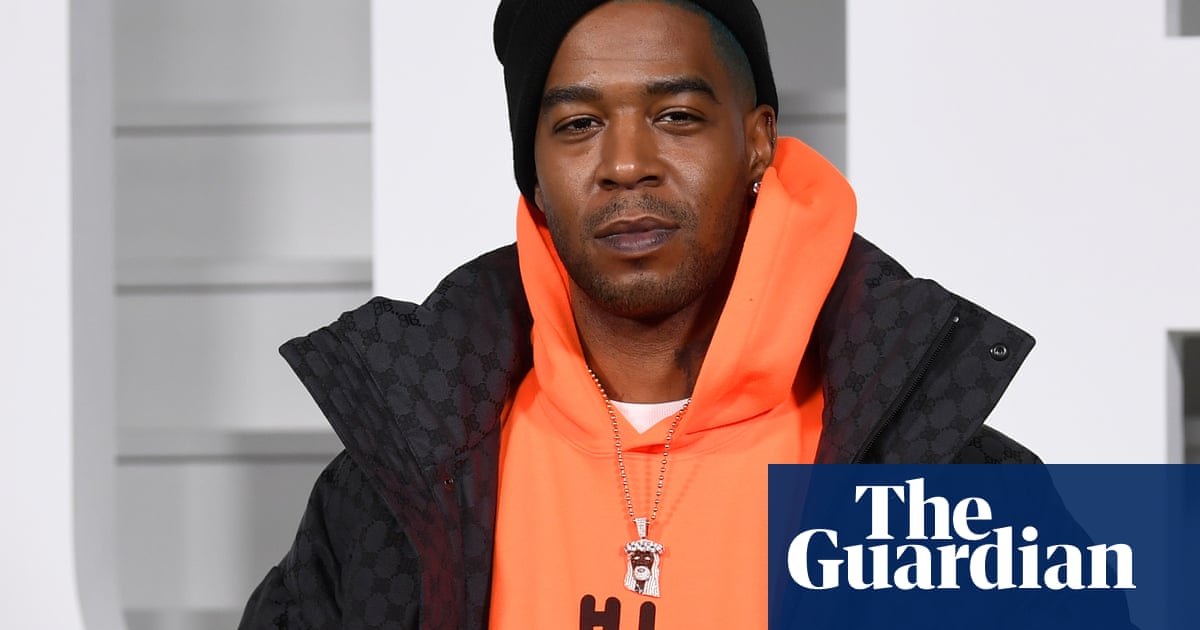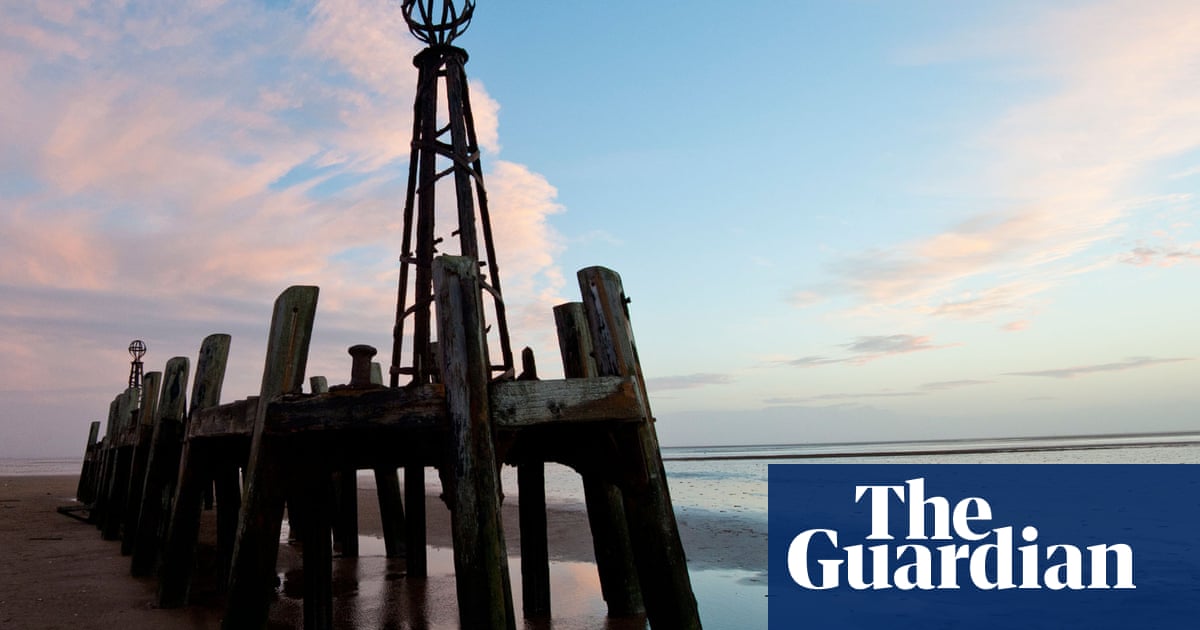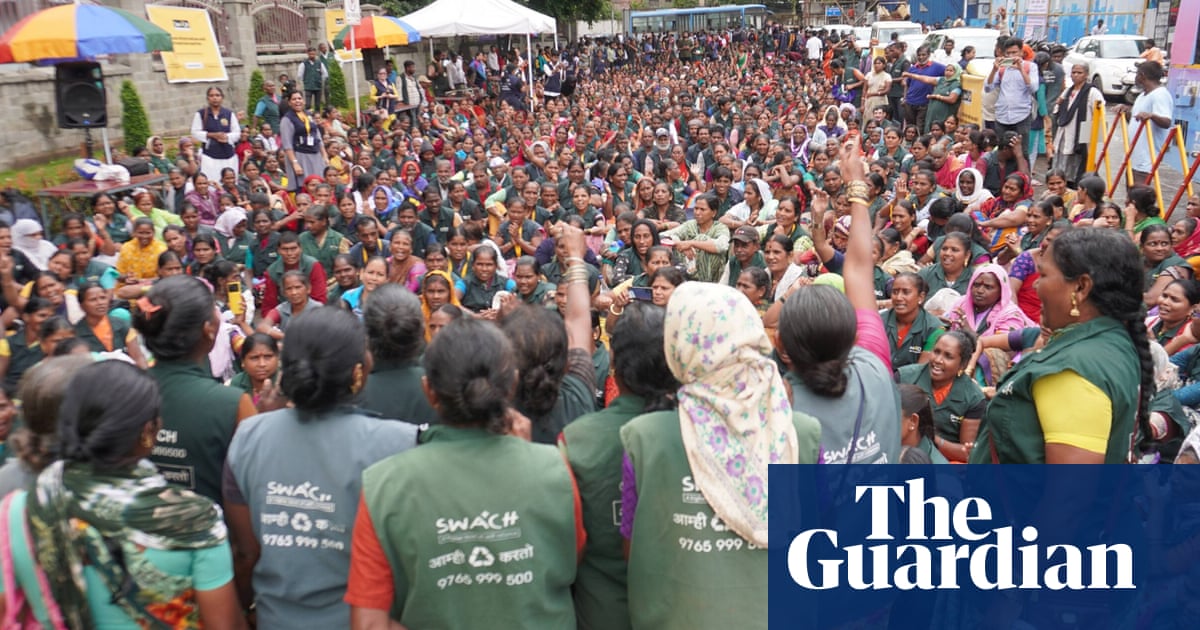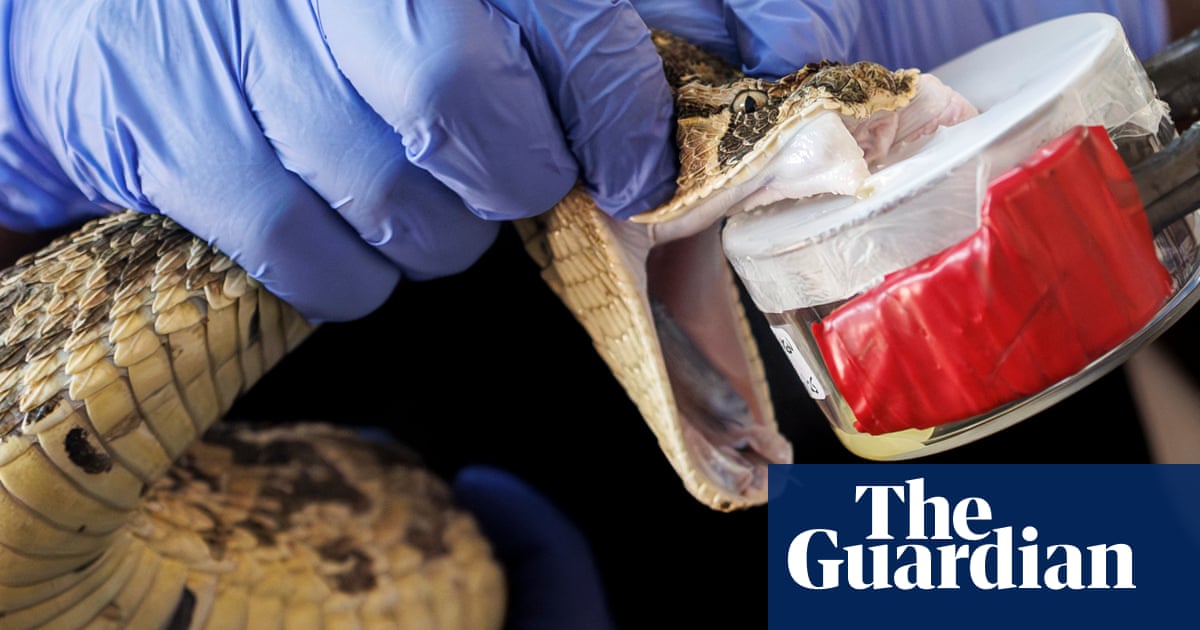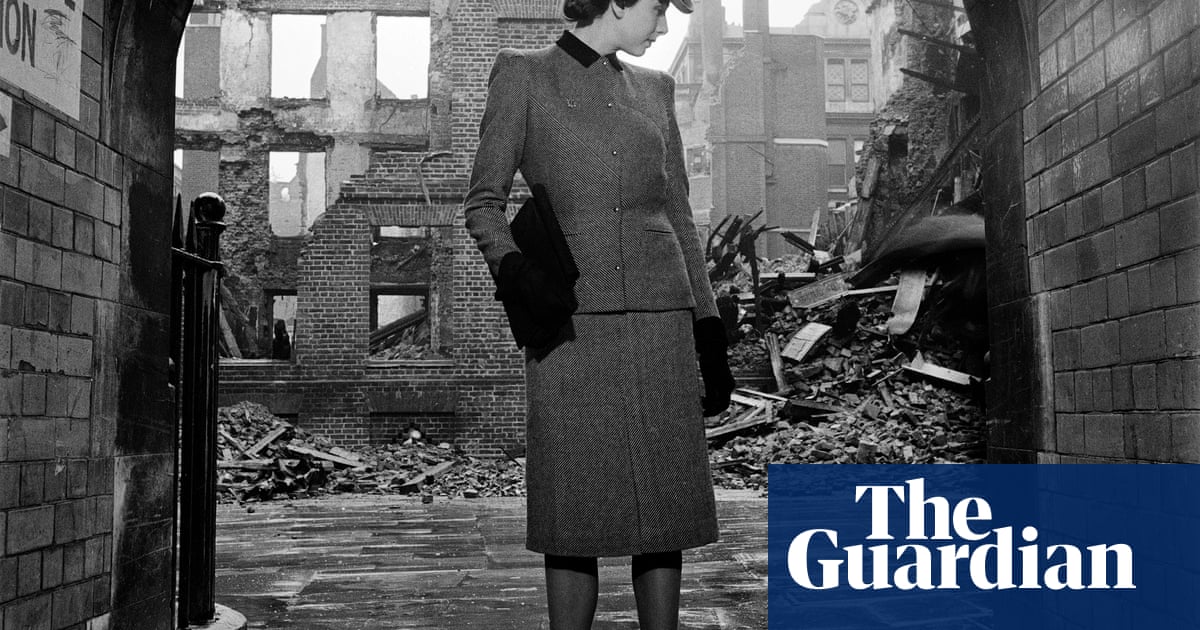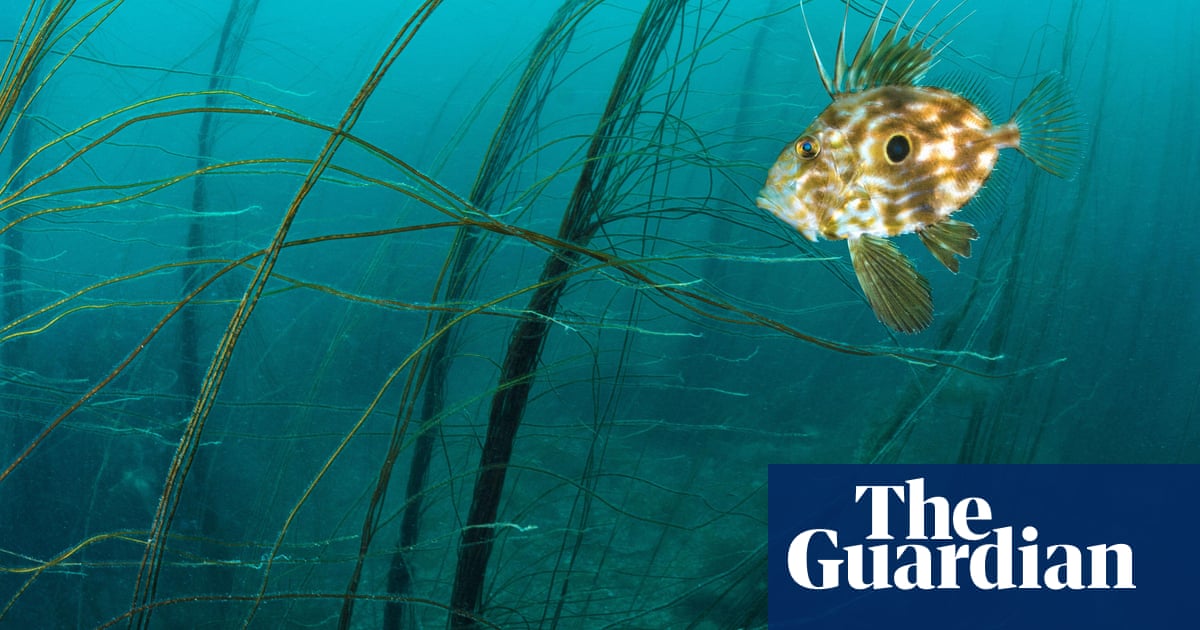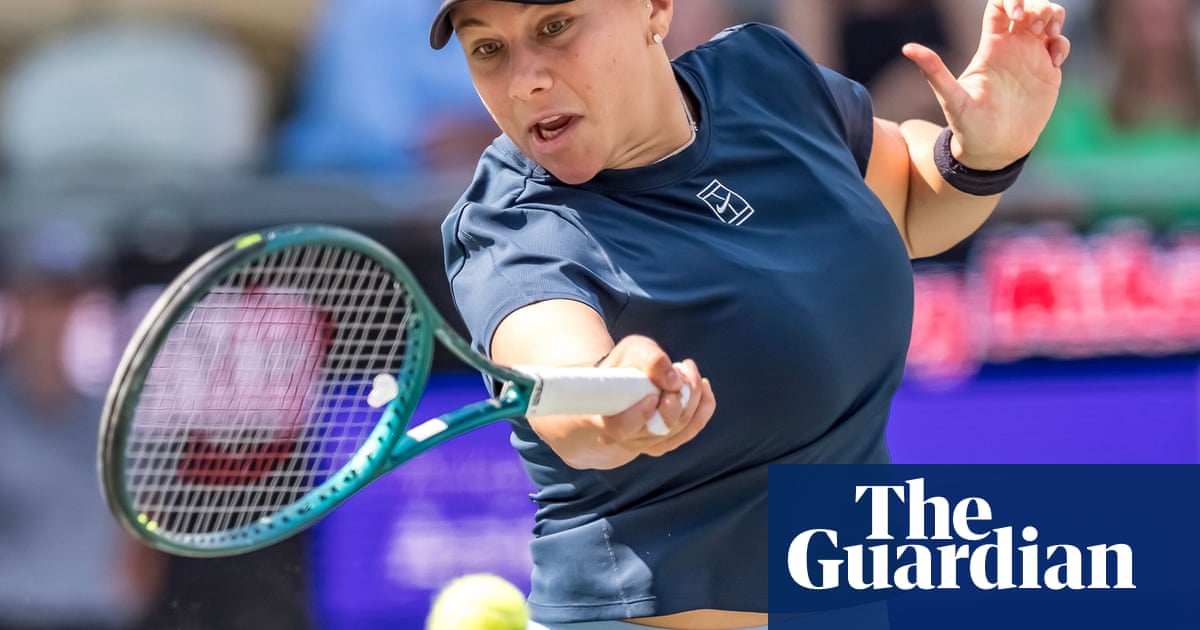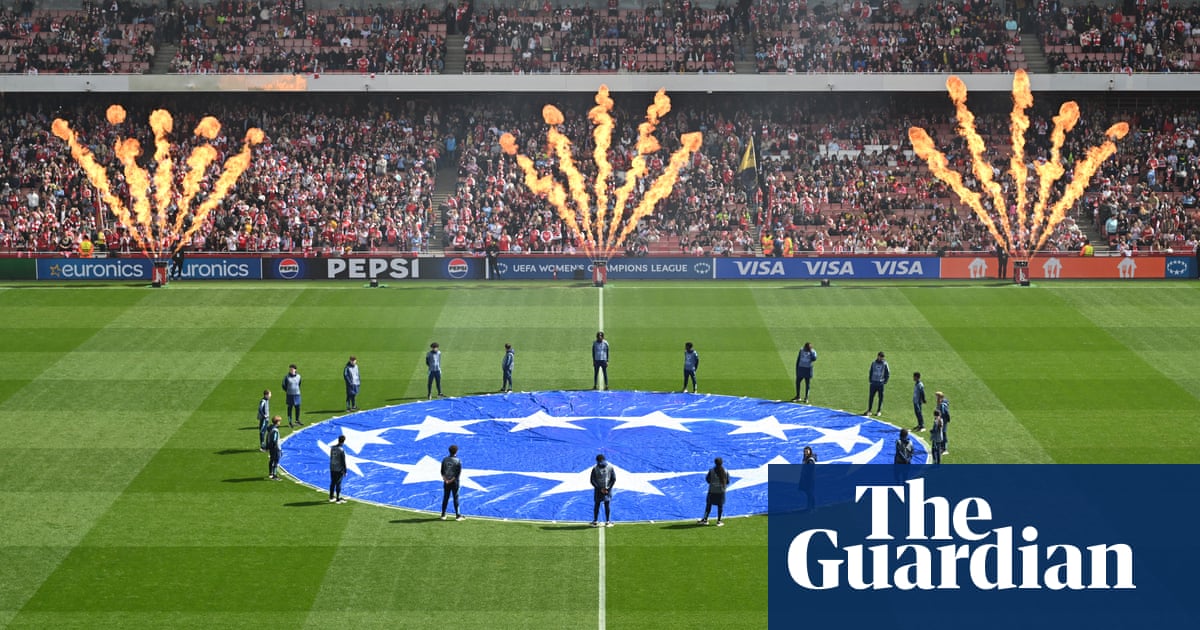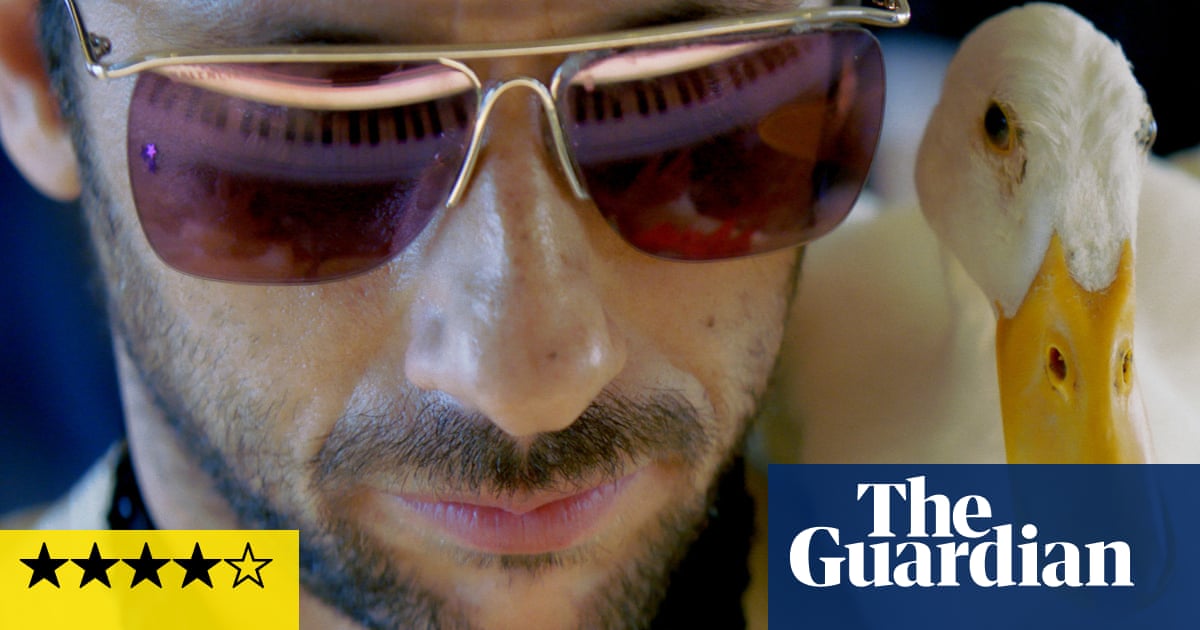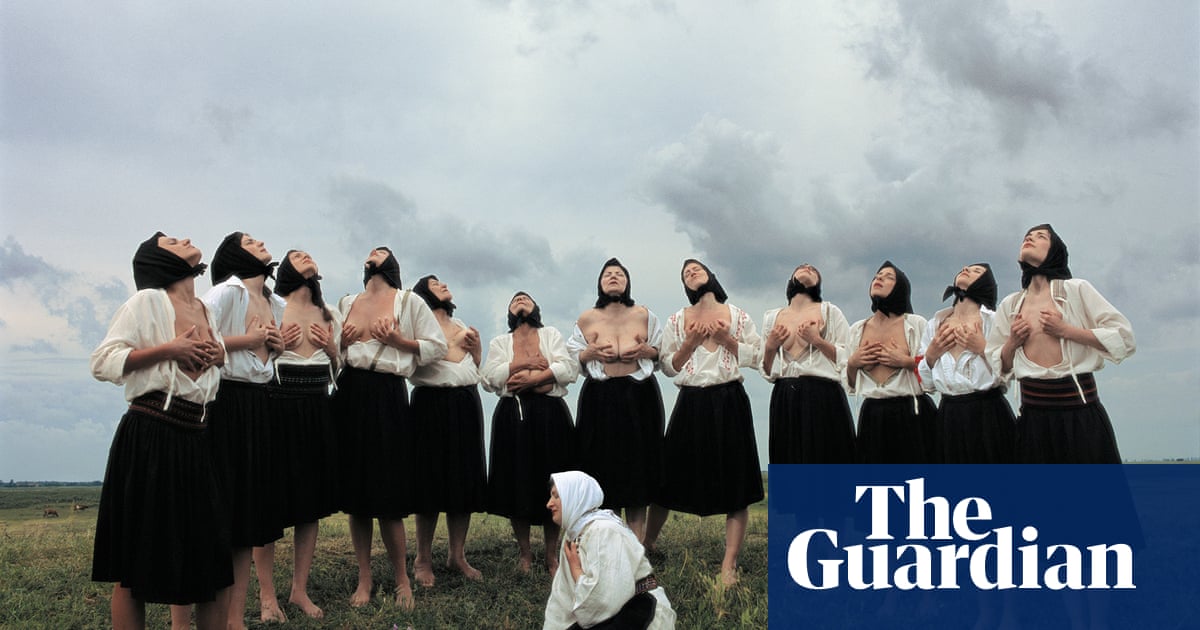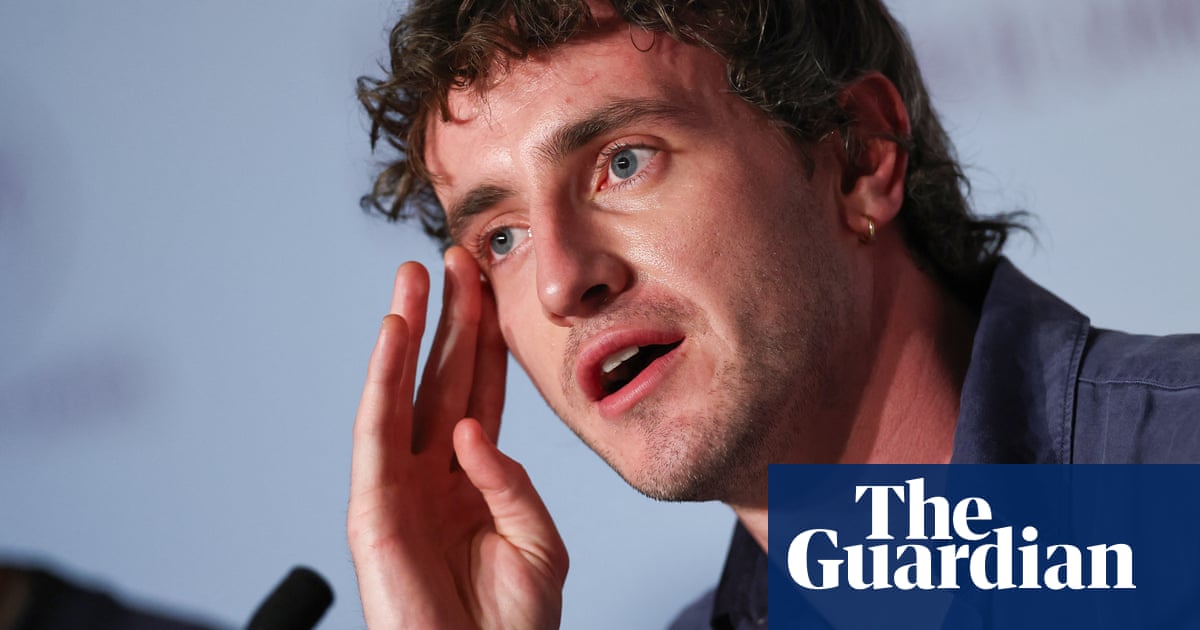Seventeen years after Kosovo declared independence from Serbia, its future remains shadowed and compromised by relations with Belgrade. More than a decade of normalisation talks have so far been a road to nowhere, stymied principally by Serbia’s refusal to recognise its former territory’s right to the attributes of nationhood. In the country’s four northern Serb-majority municipalities, the deadlock has occasionally turned deadly as Kosovo’s prime minister, Albin Kurti, has attempted to enforce sovereignty, resisted by Belgrade-backed rebels.
There are tentative grounds for hoping that the outcome of Kosovo’s latest election on Sunday, in which Mr Kurti’s ruling party came first but lost its majority, can deliver a route out of this impasse. Mr Kurti’s understandable but sometimes heavy-handed moves to demonstrate Pristina’s control over the north – such as imposing ethnic Albanian mayors after a mass election boycott by ethnic Serbs – have been strongly criticised by both the European Union and the US. On the eve of the poll, Richard Grenell, the newly appointed US special envoy for special missions, said that relations between Washington and Pristina had “never been lower”.
Meanwhile the EU has imposed sanctions that have so far cost one of the poorest and smallest nations in Europe about €150m (£125m). The prospect of a new coalition government in Pristina opens up the possibility of a less intransigent and more pragmatic approach. Both main opposition parties campaigned on the need to improve relations with western partners, and anxiety over Kosovo’s isolation at a perilous geopolitical moment was one of the election’s major themes. If the new Kurti administration can move beyond sometimes strident nationalist rhetoric and get Brussels and Washington back onside, that will be overwhelmingly in Kosovo’s interest.
The goal should be the belated implementation of a 2023 normalisation agreement, which theoretically obliged Serbia’s president, Aleksandar Vučić, to recognise Kosovo’s nationhood, in exchange for semi-autonomous powers for ethnic Serbs in the north. But getting there will require Mr Vučić, who has constantly fanned the flames of ethnic tension, to cease playing to his own nationalist gallery and finally sign the deal.
Brussels should respond to any conciliatory steps from Pristina with alacrity and generosity. It takes two to create a deadlock, but while one of the tiniest and most vulnerable nations in Europe has been punished by sanctions, its large, bullying and hostile neighbour has not, for reasons of regional realpolitik. Given the obvious and ominous precedent of Ukraine, Mr Kurti’s fears over Belgrade’s ultimate agenda in Kosovo’s north are entirely comprehensible. They will be compounded by the memory of Donald Trump’s previous backing of a plan which at one stage included Kosovo’s partition.
The EU has a new foreign affairs chief in the former Estonian prime minister Kaja Kallas, and a new special envoy for Kosovo and Serbia normalisation in the Danish diplomat Peter Sørensen – a regional specialist. Britain’s new special envoy to the region, Karen Pierce, was ambassador to the US for five years. That offers the opportunity for a fresh start in relation to a country that has established a well-functioning democracy in the most challenging of contexts. Kosovo’s next government needs to be more pragmatic and less driven by Mr Kurti’s “you’re with us or against us” brand of nationalism. But the west must do more than just meet it halfway.

 3 months ago
95
3 months ago
95
